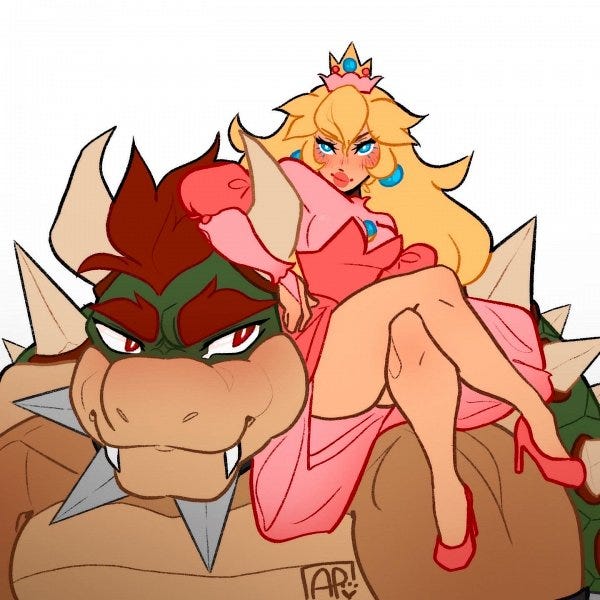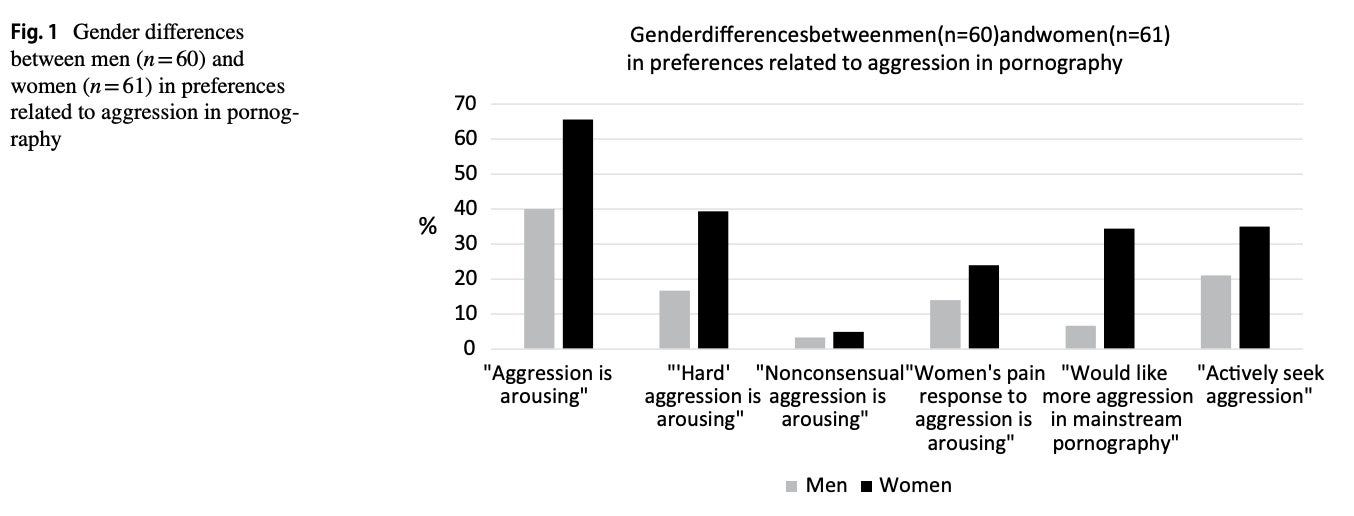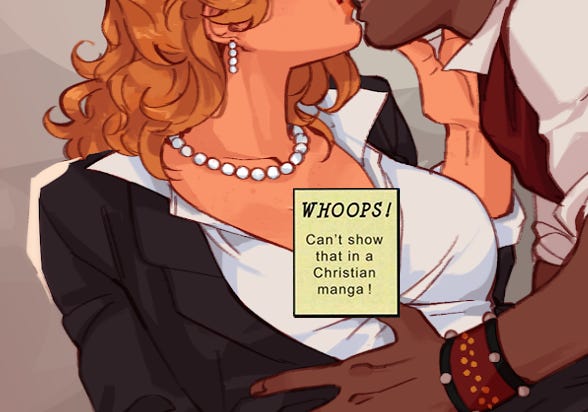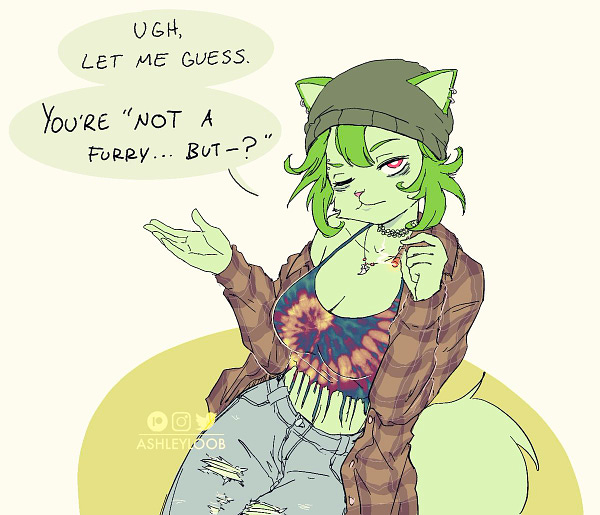Does sexual violence have a place in adult games?
Difficult conversations worth having in Naughty List News #82
Adult games face an uphill battle for respectability. Dismissed by the general games media as unimportant and actively censored by payment processors, it has always been difficult for adult games to be taken seriously as a medium.
What doesn’t help is that adult games have a difficult relationship with violence, which is the bread-and-butter of non-adult game design.
To understand the difficulties that the medium of adult games faces, I want to look back at RapeLay, a Japanese adult game that was banned in Australia, the United Kingdom, and the United States, and how its release affected the industry.
RapeLay, and its repercussions
In 2006, Japanese adult games maker Illusion released RapeLay for the Japanese market. The game was marketed for adults and features many of the hallmarks of Illusion games, focusing on high graphical fidelity and the ability to customize the characters.
As the title would imply, RapeLay features some very dark themes. The game is about a sex offender who first stalks and then rapes a mother and her two teenage daughters. Both daughters are depicted as underage, with Aoi described as 17 years old and Manaka as 12 years old. (Japan’s age of consent is technically 13 years old, but local laws raise this to either 16 or 18 years old.)
After the protagonist kidnaps the mother by ambushing her in a park, he blackmails one of the daughters into doing his bidding. He then "breaks” all three characters with continued sexual violence until they submit to his will.
Depending on the player’s choices, the game has two endings, both concluding with the protagonist's death. Completing the game’s story unlocks a “Free Mode” where scenes can be replayed with customized characters.
Due to my lack of Japanese language skills, I could not find any relevant reviews about this game. RapeLay was never officially released outside of Japan, and no official English version was ever made available for purchase.
But the game did not cause a huge splash internationally until almost three years later. The Belfast Telegraph reported in February 2009 that Amazon was selling imported copies of RapeLay, which they called a “rape simulation game”. The article featured comments from a British Member of Parliament, who vowed to prevent RapeLay from being sold in the United Kingdom. The game was subsequently removed from Amazon’s digital shelves.
Illusion responded to the controversy with bewilderment and reiterated that their game passed Japanese laws and was not sold outside of Japan. Fearing further backlash, many eroge makers in Japan started banning foreign IPs from purchasing their games.
Although I lack the cultural context to explain why RapeLay was uncontroversial upon its release in Japan, the controversy made it clear that depicting sexual violence is a sensitive topic for video games.
Violence is the default
Game design is about allowing players to interact with a virtual world by giving them verbs to play with. But these verbs are often violent because that’s the easiest way to allow players to interact with a game. Let me give a practical example.
In the original Super Mario Bros. for the Nintendo Entertainment System, players use their controller to manipulate their avatar (“Mario”) in the world. Mario can MOVE left and right, JUMP up, COLLECT coins and power-ups, and STOMP on enemies.
Now imagine that I turn Super Mario Bros. into an adult game, but I do not remove any of the existing gameplay. It’s still a side-scrolling platformer where you defeat enemies and ultimately rescue the princess, but I will use sex as the player’s primary way to interact with the world.
My first change would be to have Mario run around in his birthday suit. When he collects a power-up mushroom, his penis could engorge instead of enlarging his entire body. Mario could defeat Goombas by having sex with them, but only when his penis is erect. Similarly, the player could defeat Bowser by getting close enough to have anal sex with him.
Finally, the ultimate goal would still be to rescue the princess, but I would celebrate the end of the game with a big orgy between Mario, Bowser, Peach, and Toad. The fireworks can stay.
Even though I have barely changed the player's interaction with the world of Super Mario Bros., this 18+ version immediately feels much darker. By making the interactions explicitly sexual, I turned the beloved Mario into a serial rapist. (Please, Nintendo, don’t send your lawyers after me, this was just a thought experiment!)
And unfortunately, making the game unexpectedly dark is all too easy to do when you’re designing an adult game.
Rape is bad, actually
Real-life sexual violence is not okay. But does that mean we can’t depict it in our media at all? The Game of Thrones spin-off series House of Dragon was in the news recently because its showrunners said they wanted to “shine a light on [sexual violence]” that is supposedly inherent to its Middle Ages-inspired world.


And although the showrunners caught a lot of flak online for their comments, it’s clear that House of Dragon does not shy away from using sexual violence as a plot point in its storytelling. But just like movies can be used to tell stories about sexual violence, so too can games.
Unfortunately, the issue is a bit pricklier for games because they are an active medium. Unlike a movie, a game will not progress without the player’s input. That means that you, the player, have to become an active participant in the scene playing out. And just like how a torture scene made some people incredibly uncomfortable in Grand Theft Auto V, so too could a rape scene in an adult game.
Again, real-life sexual violence is a serious issue that causes mental trauma that can affect people for life. Not everyone will be comfortable with having it depicted in their media. But many movies showcase the gruesome reality of war, which can be equally traumatic for survivors of armed conflict.
We prevent harm by informing people about the contents of the media they consume before they go in. This allows adults and parental guardians to make informed decisions for themselves or their families.
Why is it so hard to apply the same thinking to games about sexual violence?
Who’s into this stuff anyway?
A common misconception about sexual violence in adult media is that (straight) men are the only group who seek it out.
A recent study titled “Who Seeks Aggression in Pornography? Findings from Interviews with Viewers” showed that among 122 “regular pornography viewers,” broken down as 50% men and 49% women, the majority did not enjoy aggressive content.
But what I found interesting about the study is that most of those who reported being aroused by mainly consensual aggression when they watched pornography were women. Some 35% of women in the study even reported actively seeking out aggression in their porn.
(I should note that I’m not an academic researcher and I did not pay the €40 required to read the full study. Instead, I relied on the snippets provided by Dr. Nicole Prause on Twitter.)
This conclusion challenges the conventional wisdom that these movies are made exclusively for men. It turns out that some women like their porn on the spicy side, perhaps even more than men.
And yet we still assume the opposite. A recent study in Ireland asked only men over the age of 18 about their preferences in pornography, which led Ireland’s Justice Minister to declare that porn had become “too accessible” and “more violent and degrading.”
Why can we not trust adults to know what they want from their adult media?
Conclusion
RapeLay was clearly an ill-conceived attempt at depicting sexual violence in a video game. But that doesn’t mean we shouldn’t try. Many indie creators have tried to do so since RapeLay. A game that I think does it much better is “Don’t rape your friend”, which centers on the victim's experience instead of the assaulter. (I would recommend against reading the comment section, though.)
Games can be machines for empathy, but that implies they also have the capacity for trauma. Adult game makers must be careful how they depict sexual violence in their games. It’s much too easy to force players to relive their own bad experiences.
And these growing pains are not unique to the medium of adult games. Forty years after the release of Apocalypse Now, arguably one of the most important anti-war movies ever made, its director no longer considers it an anti-war movie:
[An anti-war movie] shouldn’t have sequences of violence that inspire a lust for violence. Apocalypse Now has stirring scenes of helicopters attacking innocent people. That’s not anti-war.
If Acadamy Award-winning director Francis Ford Coppola can admit that he got it wrong with his movie about the horrors of war, we can cut the adult games community a bit of slack for struggling to tackle an equally difficult subject.
Writing Wrap-Up 📖
Action RPG Coward’s Treasure is out now on DLSite. Steal the kills of the women that hire you as a guide and take their treasure for yourself.
MangaGamer brings AliceSoft’s Rance series to the west. The first game in the series was released in 1988 (!), so there’s plenty to catch up on!
Mamono Musume: Spider & Harpy & Cyclops is out now on JAST. A bored spider princess, against the wishes of her servants, uses a ritual to summon a hideous creature: a “human”.
Card game Forever To You! leaves Early Access. An unfulfilled writer looking for inspiration finds a magical deck of cards that can make anyone fall in love with him.
Dead by Daylight has a dating sim out called Hooked on You. After waking up on the beach of a deserted island, you find your memory wiped, your pockets empty, and four lusty Killers playing volleyball.
Visa bows to pressure and suspends the ad network for the owner of PornHub from payments. A billionaire investor and a religiously inspired anti-porn activist walk just cut off hundreds of independent creators from their ad revenue.
Cheeky chuckle 🤭
Artist spotlight 💡

Thanks for reading this far!
If you want to help me compile the newsletter, feel free to poke me on Twitter.
Until next time!
-Mr. Hands













I was gonna post this with a TwitLonger, but I think posting here will be more appropriate. (Thanks for putting that image of porno Mario in my head, btw.)
I agree with your first point and wanted to bring something to light. A lot of games I've seen or personally been a fan of tend to use sexual violence as a sort of "fail state." In most cases, the player character is the victim. Many of the games in question tend to be action platformers or action RPGs. Those genres are exclusively focused around violence. And certain combinations with genres—like survival horror—will inevitably make sexual violence unavoidable. It's never treated more seriously because the games for the most aren't meant to be taken seriously. It's no secret in the adult games space and has come to be widely accepted. The games themselves have more of a "tongue-in-cheek" flavor (look up anything from Remtairy or ONEONE1 on Steam for an example).
I'm willing to argue that the stories and settings to these games are deliberately written in a way that justifies sexual violence. A few of the games on my Steam recommendation list have these kinds of flavors. Libra Heart, the developer that inspired me to get into adult games development, released a game in late 2014 titled "Succubus." Now if the title didn't clue you in, the main character is a succubus. In the game, you can go around "seducing" enemies by shooting hearts at them to make them aroused. She would then be able to have sex with them to "defeat" them and restore your health and magic. This is actually one of Libra Heart's staple characters who would go on to appear in more titles. That's sort of the theme they've got going on.
I believe the casual treatment of sexual violence in adult games was a trope grandfathered in from the hentai genre. Before discovering Libra Heart, I was heavily into the Monster Girl Encyclopedia by Kenkou Cross. That setting was built upon non-consensual sex. I think most of it is the author's sexual fantasies and, by proxy, the viewer's fantasies. The viewers make a conscious decision to consume this type of media, but no real-world harm is being enacted. No crime is being committed. Even with games that are meant to appeal to darker fantasies, like RapeLay. That's what they should remain, fantasies. To insinuate otherwise would be painting the "Do violent video games create mass murderers?" argument with a different brush. Do sexually violent games create serial rapists?
Actual perpetrators of sexual violence do so for power and control. They have no empathy. Functional adults fully understand consent. These games might function as a—safer and legal—way to explore these fantasies without feeling shame or guilt, though not exclusively for that purpose. Trigger warnings are there for the people that don't share these fantasies.
I do agree with your analysis of violence as the default way that games have for interacting with the world but I think presenting that as the origin or the main reason for the use of sexual violence in adult videogames is a little of a missrepresentation of the issue. In most cases, I would argue, is not a matter of a failed design choice, but of a conscious choice.
I would argue most adult games with sexual violence are appealing / catering to dark and taboo sexual fantasies. And I agree adult games can go beyond just catering to fetishes when dealing with this heavy themes. But at the same time, I think adult games can still be just a source of entertainment. At the end, I think the heart of the matter is to recognize that , like you put it in your article, let adults decide what they want to see in their media.
I think RapeLay , at the end of the day, was nothing more than what it seems, a dark adult game to cater to dark adult fantasies. And I think it is not more inmoral, dangerous or disgusting than watching some particular gory or violent films. On the same vein, those who enjoyed or enjoy such games are nothing more than functional adults consenting to consume and engage in dark sexual fiction. Claiming otherwise is nothing more than reenacting the same "Do videogames cause violence?" outcry (And I would even argue it would be even more nonsensical to hold this attitude towards adult games with sexual violence. While there is something to discuss about how promiment and normalized is violence in media and how accesible it is for children, in the case of dark adult games we are talking about a niche genre of an alredy niche genre which remains hidden to the mainstream). To anwser the question that begins this Newsletter, I think to claim that there is no place for sexual violence in adult games would be a terrible loss, both in the narrative posibilities to adress this dark topic or as a way for consenting adults to engage in fantasies without hurting anybody.
To end this comment, I would like to point out something abou your article that in my opinion is distasteful. I think bringing up the topic of the age of consent in Japan while talking about the ages of the characters in RapeLay perpetuates a distorted view of the country. As you pointed out, the age of consent of 13 is nothing more than a curiosity/remmanant of the time that law was written and that in fact Japan has an age of consent similar to most nations. I know the topic of underaged characters in sexual fiction in Japan is a complicated topic which makes many people uncomfortable, but to mention the curiosity of the age of consent just contributes to this image of Japan as a sexualy debauched place, where the sexualization and even the sexual act with minors is normalized, which I think is a pretty harmful and offensive image to promote for any country. I may not be japanese, but I do happen to be from a country who also has suffered from this kind of stereotyping which at the end it only has two effects: It promotes this image of being a backwards "savage" country, which in itself is nothing but a form of colonial racism; and it attracts actual predators who think they would have an easier time commiting crimes on those places. I know I am just an internet nobody, and you have zero reasons to heard me, but I do feel strongly about this topic, and I think people should stop contributing to this kind of stereotyping, even if they do it by accident.